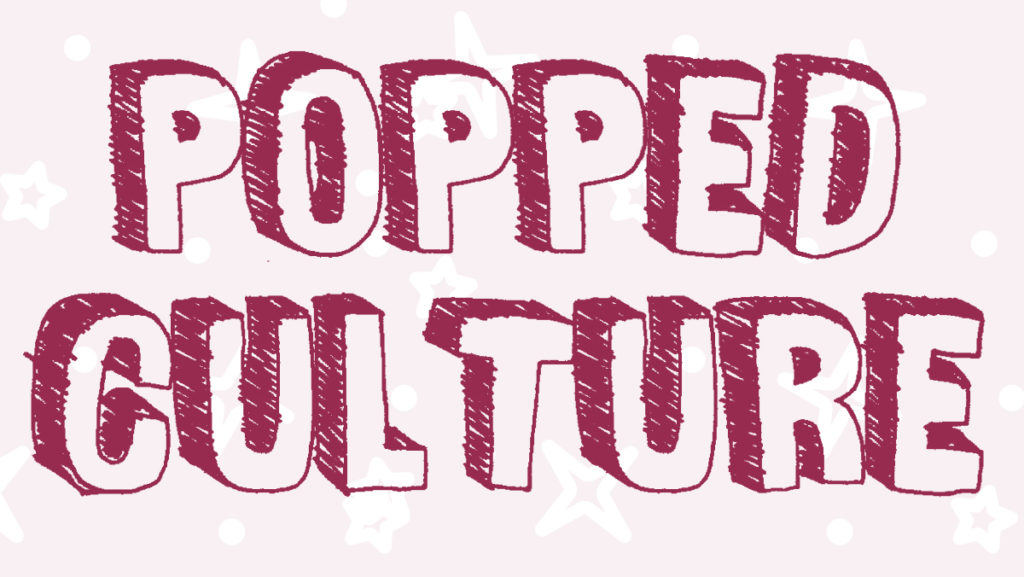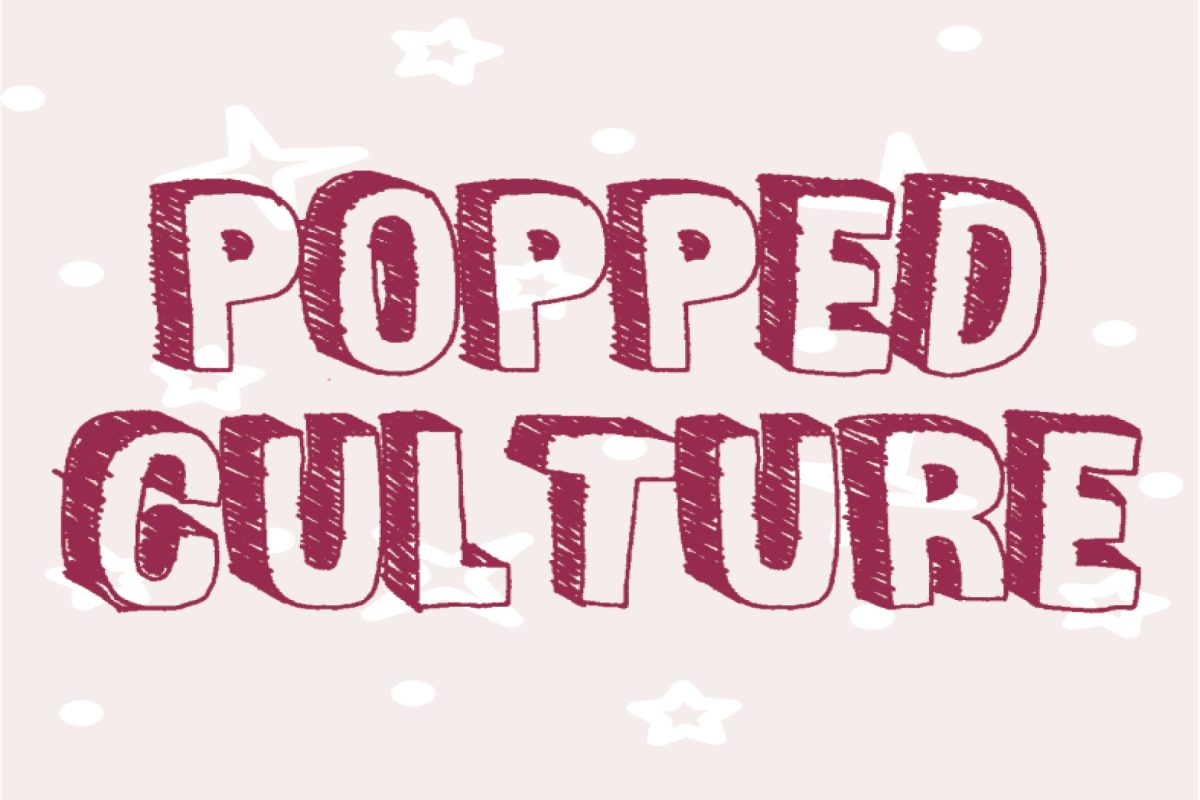I listen to an abundance of music every day, and I have noticed one overarching theme in the music I listen to: a significant drop-off in the energy and focus of recently released rap albums. These albums seem to be filled with songs the artists put minimal effort into, and I believe this is partially because of the new accessibility of music. In other words, streaming services like Spotify, Apple Music and Tidal have made music so widespread that what drives rap artists now is higher streams and, therefore, higher sales.
It’s upsetting to think the sole reason for this lack of quality could just be higher sales and streams. But the rise of the streaming era fundamentally changed the way the concept of a streaming hit is approached. A song that was considered massively successful in the early 2000s could usually be categorized into one primary genre. Now, Spotify, Apple Music and Tidal take top-charting songs and place them in multiple subgenres of music. For example, Post Malone’s smash hit “rockstar” was placed on the charting lists for rap and pop. Fans of both genres were exposed to the song, meaning more streams and radio plays for Malone.
However, this phenomenon is not specific to Malone. Rap group Migos personifies the negative influence the streaming era has had on once-great artists. Even rapper Kanye West fell into mediocrity with “Jesus is King,” which was generally reviewed negatively. West was never one to make something average — why start now?
West’s titanic 2010 album “My Beautiful Dark Twisted Fantasy” is regarded by many as one of the best hip-hop records of all time — and for good reason. “My Beautiful Dark Twisted Fantasy” is held in such high regard because of West’s focus and precision while making the album. He spent countless hours in the studio to craft a narrative-driven album, and his obsession with perfection resulted in the best work of his career. All of the 13 tracks are richly produced and lyrically astounding. “A song like ‘Power’ took 5,000 hours, like literally 5,000 man-hours to do this one record,” West said in a Power 105.1 radio interview in 2010.
When “My Beautiful Dark Twisted Fantasy” was released, listening to music was not as convenient as it is now. Per the Recording Industry Association of America’s (RIAA) 2018 year-end report, streaming accounted for 75% of recorded music revenue in 2018 compared to 7% in 2010.
Rap should revolve around authenticity, and “My Beautiful Dark Twisted Fantasy” was no exception. Yet even West was susceptible to a significant lack of quality as a result of the streaming era. 2019’s “Jesus is King” is the lowest rated album in West’s discography and failed to live up to the massive expectations it had. The project was delayed for approximately a year and was especially disappointing after West’s wildly successful “Life of Pablo” in 2016. It was a surprise for many fans of West to see this turn of events, but it further shows how the streaming era is lowering the standard of modern rap.
“Culture II,” Migos’ follow–up to the group’s 2017 breakthrough “Culture,” is the epitome of an album that has suffered from the streaming era epidemic. “Culture II’ is loaded with a 24-song palette, many of which feel lackadaisical. As a result, the album feels like an oversaturated ploy to exploit the RIAA and Billboard charting rules. It is disappointing to see Migos prioritize quantity over quality. Songs like “Flooded,” “Beast” and “Work Hard” serve no narrative purpose on “Culture II.” Instead, they sound like unfinished snippets of songs.
I am not claiming that the streaming era has not had its major benefits. Music is much easier and cheaper to access now than when West released his 2010 project. And new artists hoping to make names for themselves in the industry can reach a much larger audience in a significantly shorter amount of time. The rise of Soundcloud, in particular, has been instrumental for new artists, as it offers a free and easy way for up-and-coming musicians to share their work or gain followings.
As artists continue to produce music in the streaming era, look to support ones who prioritize quality music. Whether narrative–driven like “My Beautiful Dark Twisted Fantasy” or otherwise, we should demand creative work — and accountability — from the artists we listen to.





